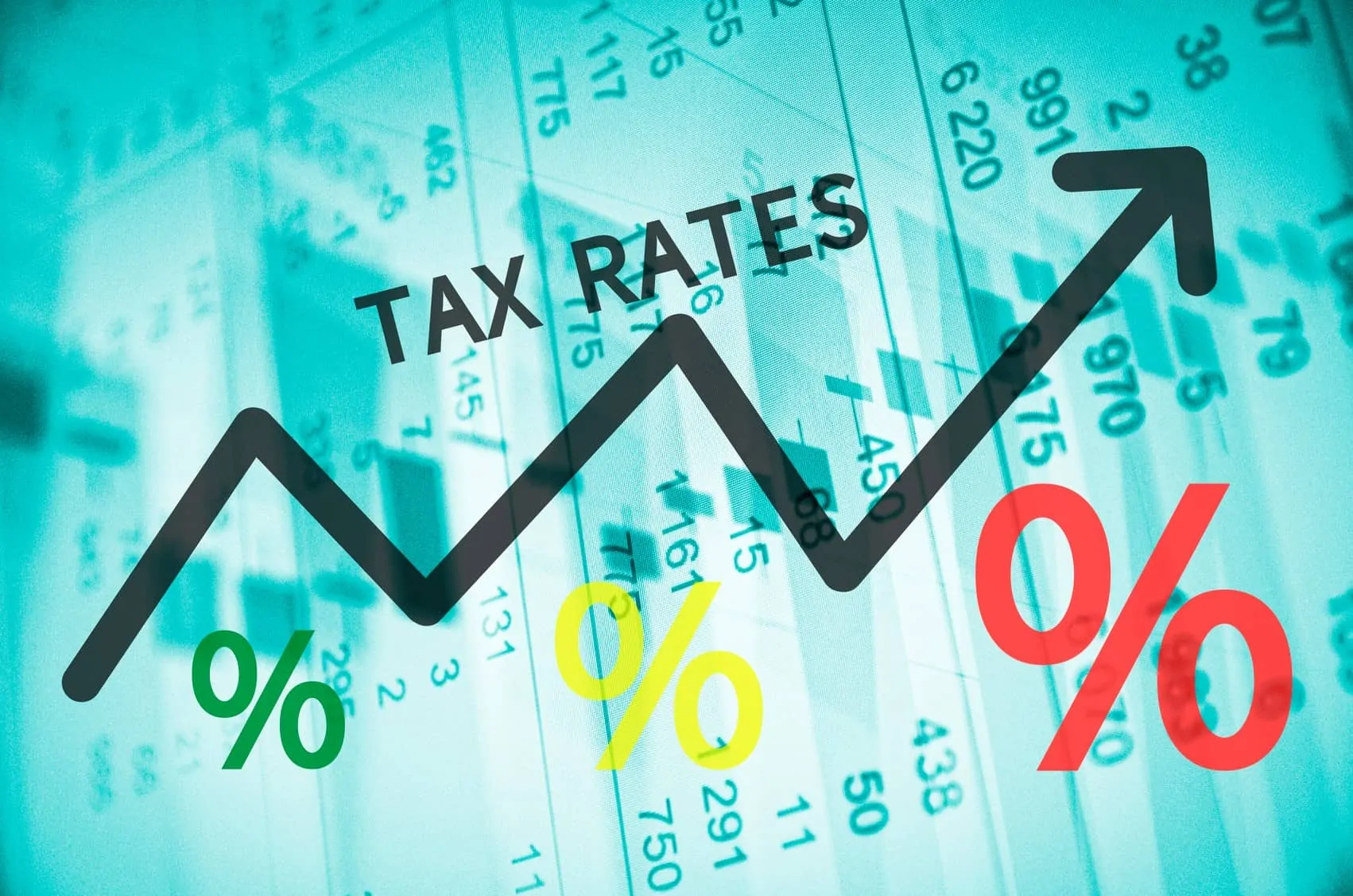Throughout the history of the United States, tax policy and its resulting implications have resulted in significant negative impacts on citizens. In 1819, Daniel Webster summarized the negative impact of taxation in a famous quote, “An unlimited power to tax involves, necessarily, a power to destroy”. With the founding of the Internal Revenue Service (IRS) in 1862 and the passage of the 16th Amendment in 1913 giving the government the right to impose an income tax, the Federal government began to gradually impose a heavier tax burden on individuals and businesses.
The first negative impacts of unjust tax policy in America predate the founding of the country as the Townsend Acts paved the way for the American revolution by imposing duties (taxes) on glass, lead, paints, paper and tea imported into the colonies. Following the American Revolution, there was such a fear of imposed taxation that for the period of 1817-1861, no internal revenue was collected by the United States government. After the founding of the IRS, the number and type of taxes levied on American citizens over the 150 years increased steadily: income taxes, Social Security taxes, Medicare taxes, excise taxes, estate taxes, gift taxes. With the passage of the Patient Protection and Affordable Care Act (PPACA), citizens were now taxed for NOT buying a product, in this case, health insurance.
There are several negative impacts resulting from the current negative tax policy
- Reduced employment
- Higher prices
- Declining standard of living
- Chronic substandard economic performance
- Increased foreclosures
Currently, the United States has among the highest corporate tax rates in the world. This persistently high tax rate has devastated the manufacturing sector in America leading to the lowest labor force participation since the 1970s.
The increasing federal tax burden on businesses squeezes their bottom line. In order to raise money to pay these increased taxes, businesses pass much of the cost to the consumer in the form of higher prices leading to inflation. The spiraling medical care inflation is due in large part to the negative tax implications of the PPACA.
The hike in the Medicare, income and other taxes over the past decade reduced the average median income for Americans by over 4%. The reduction in the average income has stressed consumers’ ability to pay back debts and other loans.
High levels of taxation have led to sputtering economic performance in America. For the first time, a president will not have a single year in his term of 3.0% GDP growth or higher. Sluggish growth rates of 1-2% lead to increasing federal debt and lower median wages.
Increasing federal and state taxes, notably the skyrocketing property tax burden, causes American citizens to become delinquent on paying their mortgages and/or property taxes. Eventually liens are placed against these homes followed by foreclosure notices and evictions.
To learn how to grow wealth by avoiding the unintended consequences of heavy taxation contact us today.

